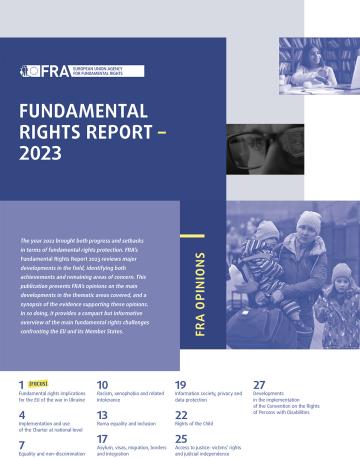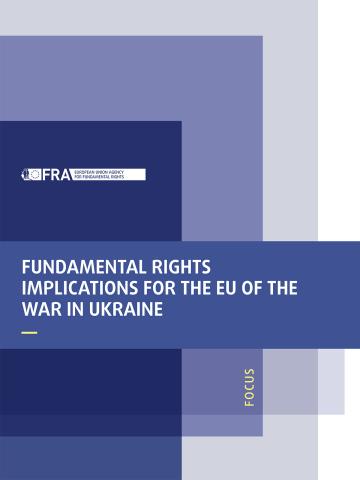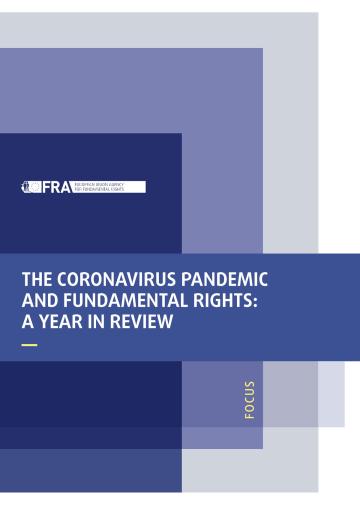Princippet i artikel 34, stk. 1, er baseret på artikel 153 og 156 i traktaten om Den Europæiske Unions funktionsmåde samt på artikel 12 i den europæiske socialpagt og punkt 10 i fællesskabspagten om arbejdstagernes grundlæggende arbejdsmarkedsmæssige og sociale rettigheder. Det skal overholdes af Unionen, når den udøver sine beføjelser i henhold til artikel 153 og 156 i traktaten om Den Europæiske Unions funktionsmåde. Omtalen af sociale tjenester tager sigte på de tilfælde, hvor der er indført sådanne tjenester til sikring af visse ydelser, men indebærer ikke, at sådanne tjenester skal indføres, hvis de ikke allerede findes. Graviditet og barsel skal forstås på samme måde som i foregående artikel.
Stk. 2 er baseret på artikel 12, stk. 4, og artikel 13, stk. 4, i den europæiske socialpagt og på punkt 2 i fællesskabspagten om arbejdstagernes grundlæggende arbejdsmarkedsmæssige og sociale rettigheder og afspejler de regler, der følger af forordning (EØF) nr. 1408/71 og forordning (EØF) nr. 1612/68.
Stk. 3 bygger på artikel 13 i den europæiske socialpagt samt artikel 30 og 31 i den reviderede socialpagt og punkt 10 i fællesskabspagten. Det skal overholdes af Unionen i de politikker, der er baseret på artikel 153 i traktaten om Den Europæiske Unions funktionsmåde.










